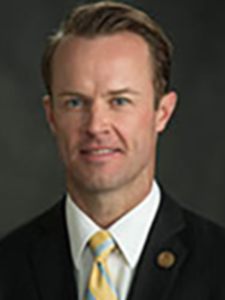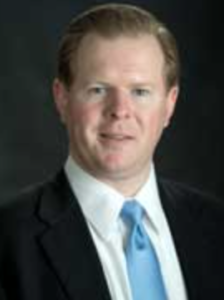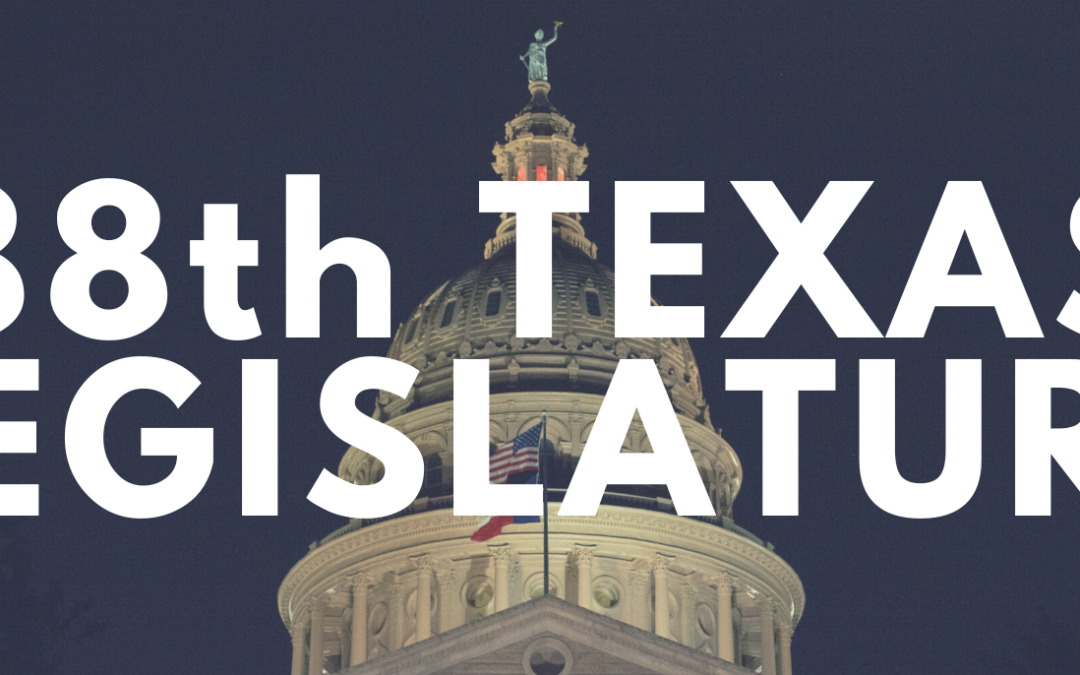Lawmakers have filed more than 4,500 bills during the ongoing 88th Texas Legislature, including several dozen relating to energy and utility issues.
________________________________________________
State lawmakers have filed more than 4,500 bills during the ongoing 88th Texas Legislature, including several dozen relating to energy and utility issues. Both Lt. Gov. Dan Patrick and House Speaker Date Phelan has announced committee assignments, and some key committees have begun conducting meetings.
What follows is a quick update of key activities during the 88th Texas Legislature, now entering its 8th week. You can also read a prior update here.
HOUSE COMMITTEE ANNOUNCEMENTS
On February 8, Speaker Phelan announced the House of Representatives Committee appointments for the 88th Legislative Session. Rep.

House Speaker Dade Phelan
Todd Hunter will serve as Chair of the House State Affairs Committee. Rep. Ana Hernandez will remain Vice-Chair. New members of the House State Affairs Committee include Rep. Senfronia Thompson and Rep. David Spiller.
During the interim, the House State Affairs Committee was tasked with several interim charges regarding to the following legislation from the 87th Legislative Session. These include a review of the implementation of HB 5, relating to the expansion of broadband services to rural areas; HB 1505, relating to attachments for broadband service on electric cooperative utility poles and establishing and funding pole replacement program; SB 2, relating to the governance of the Public Utility Commission of Texas (PUC), the Office of Public Utility Counsel (OPUC); and the Electric Reliability Council of Texas (ERCOT); and SB 3, relating to preparation, prevention, and response to weather emergencies and power outages.
The committee held several hearings on these subjects and played an active role in evaluating the market redesign process at the PUC and ERCOT. The committee’s first hearing of the session is scheduled for March 1.
SENATE COMMITTEE EVALUATES MARKET REDESIGN
The Senate Business & Commerce Committee held hearings on February 7 and February 16 to continue evaluation of market redesign options. The PUC and many generators throughout the industry support a model known as the “Performance Credit Mechanism,” or “PCM,” which would create subsidies for dispatchable generators through a system of tradable credits financed by energy consumers. The first hearing focused on assessment of this model. The second hearing primarily featured testimony on other proposals.

PUC Chair Peter Lake
On February 7, the committee heard from PUC Chairman Peter Lake, Energy + Environmental Economics (E3) Consultant Zachary Ming, and Independent Market Monitor (IMM) Carrie Bivens. The hearing revealed that the objective of PCM is to build dispatchable power plants and Chairman Lake was adamant that if the PCM is approved, it will result in construction of dispatchable power plants. Ms. Bivens continually emphasized that market incentives are currently in place to promote investment, but the legislators did not seem convinced by this approach. One of the most important takeaways from the legislators’ questioning was a desire from many to implement financing from the state to reduce the cost of capital for investment.
On February 16, the committee heard from six witnesses. Former PUC Chair Becky Klein presented her perspective and experience from deregulation and emphasized strategies for working with investors. The remaining five witnesses defended specific proposals. Two issues were at the forefront of the discussion—operational performance and long-term resource adequacy. The PCM was met with greater skepticism than in the previous hearing, but Michele Richmond with Texas Competitive Power Advocates spoke in support of the PCM and guaranteed that it would incentivize construction of new generation. Katie Coleman and Charles Griffey, speaking for the Texas Association of Manufacturers, Texas Oil and Gas Association, and the Texas Chemical Council. Coleman and Griffey presented a new dispatchable reliability ancillary reserves service and a targeted incentive for new investment. They asserted that issues during Winter Storm Uri were tied to operational reliability and not resource adequacy. Alicia Knapp with Berkshire Hathaway Energy Renewables outlined a proposal for a state funded emergency reserve program.
SUNSET ADVISORY COMMISSION
The Sunset Advisory Commission is a panel of elected lawmakers and public members that reviews public agencies as part of a periodic reauthorization process. On Jan. 11, the Sunset Commission issued several governance recommendations for ERCOT, the PUC and the separate Office of Public Utility Counsel. Some of these changes, if approved by the Texas Legislature, would affect how the PUC issues orders to ERCOT leadership. These recommendations will become the starting point for legislation, which should be filed soon. You can see the Sunset Commission’s recommendations here.
KEY DATES
Tuesday, January 10, 2023 — 88th Texas Legislature convenes at noon.
Wednesday, March 1, 2023 — House State Affairs Meeting
Friday, March 10, 2023 — 60-day deadline for bill filings.
Monday, May 29, 2023 — Last day of 88th Regular Session (sine die).
BILL HIGHLIGHTS
The deadline for filing bills during the 88th Legislative Session is March 10, 2023. Below is a summary of recently filed bills of interest. Legislators have begun taking an interest in a few key topics impacting cities—municipal intervention and reimbursement in ratemaking proceedings, the role of incentive compensation in ratemaking, and mobile generation.
HB 2555 – Rep. Will Metcalf
Companion to SB 1111. Provides that an electric utility may file a plan to enhance the resiliency of its transmission & distribution system through specific methods and may seek recovery of costs for such a plan.
HB 2254 – Rep. Shawn Thierry
Relates to the authority of the PUC to ensure that ERCOT has adequate reserve power to prevent blackout conditions.
HJR 112 and HB 2286 – Rep. Matt Shaheen
Companions to SIR 45 and SB 857. Creates the Electric Generation Facility Fund to finance construction of facilities that use heat to generate electricity.
HB 2049 – Rep. Erin Zweiner
Requires PUC authorization of oil and gas pipeline routes.
HB 2713 – Rep. Jay Dean
Companion to SB 1016. Creates a presumption that incentive compensation for employees is reasonable in electric utility ratemaking.
SB 1111 – Sen. Charles Schwertner
Companion to HB 2555. Provides that an electric utility may file a plan to enhance the resiliency of its transmission & distribution system through specific methods and may seek recovery of costs for such a plan.
SB 1075 – Sen. Phil King
Changes the mobile generation statute from the 87th Legislative Session. Expands the grounds for an electric utility to use mobile generation, allows electric utilities to own such generation, and allows for recovery of expenses related to the mobile generation through periodic rate adjustments, or DCRFs.
SB 1015 – Sen. Phil King
Changes the parameters surrounding an electric utility’s periodic rate adjustment, also known as DCRF. Removes consideration of changes in customers and demand in calculating the rate change and eliminates municipal participation and reimbursement.
SB 1016 – Sen. Phil King
Companion to HB 2713. Creates a presumption that incentive compensation for employees is reasonable in electric utility ratemaking.
SJR 45 and SB 857 – Sen. Charles Perry
Companions to HIR 112 and HB 2286. Creates the Electric Generation Facility Fund to finance construction of facilities that use heat to generate electricity.

